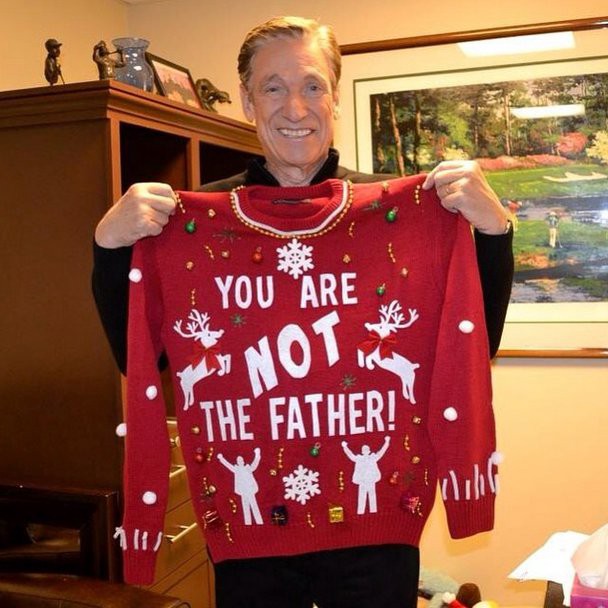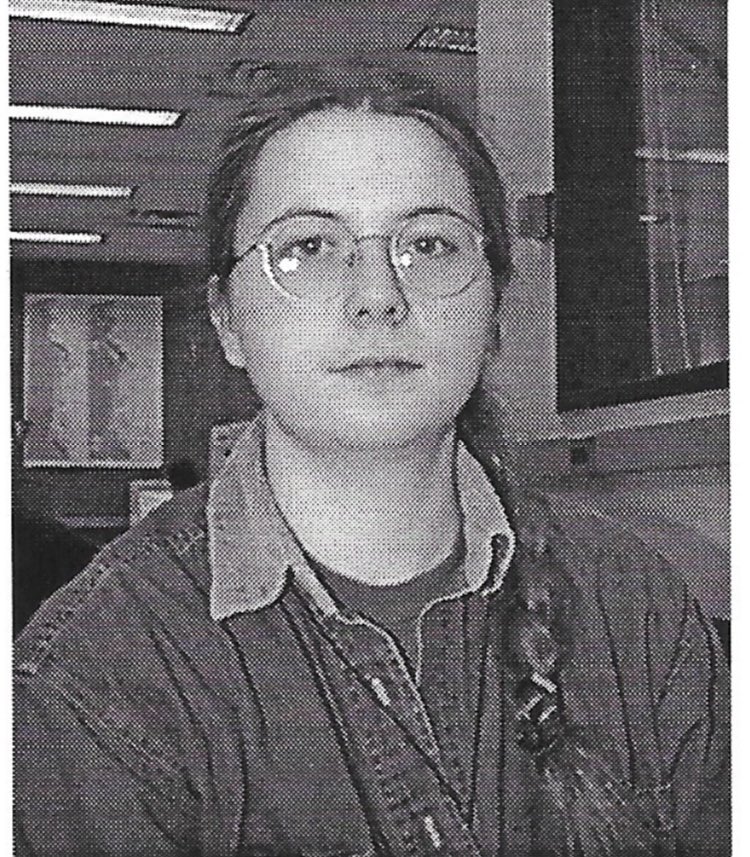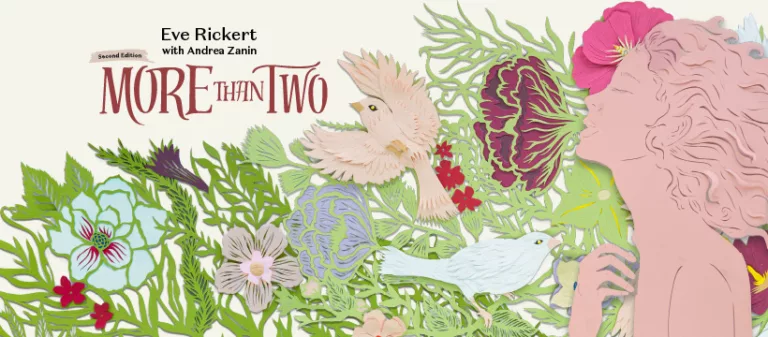Originally published on Medium. Please update your links.
This is a guest post by Kevin Patterson, curator of Poly Role Models, author of Love’s Not Color Blind and co-author of For Hire, discussing a recent kerfuffle among polyamorous activists and what it means for the safety of people of colour in our scenes.
Every few years or so, someone tries to steal cornrows. To be clear, what I mean is: every few years, white folks try to colonize the hairstyle known as cornrows. By which I mean, some fair-skinned public figure appears in cornrows, or some stylist claims discovery of an identical hairstyle, and celebrity media applauds them as a tastemaker and a trendsetter. A lot of times, they even try to rename, rebrand, or repackage the style in order to get away with its theft.
Cornrows have been around since forever. Their earliest depictions are from prehistoric Africa. They can be tracked from emperors in Ethiopia all the way to southern Black girls sitting on their grandmama’s porch. They’re often used as a protective style, as they don’t require much daily maintenance. In white-dominated society, Black men and women with cornrows are often stigmatized as being unprofessional, unkempt, or thuggish.
So when the white celebrity of the day is given credit for popularizing a look that’s long been a standard in Black culture, without facing any of the social stigma involved, there’s a notable reaction. Social media takes notice, Black Twitter gets loud, a bunch of articles get written, and—usually—apologies are made. The credit that the media tried to give that celebrity gets struck down in less than a week.
So, why am I talking about cornrows? Context! And because Black Twitter doesn’t exist to defend ethical nonmonogamy. It doesn’t now, and it damn sure didn’t in the 1990s. Although ethical nonmonogamy stretches back as far as biblical times, it’s been repackaged and rebranded several times. The latest incarnation is the commonly used term polyamory.
I’ve been writing, blogging, and speaking publicly about polyamory for going on five years now. For the most part, my role has been to push the discussion surrounding the topics that my own lived experiences have uncovered. I’m known for breaking down the mistakes I’ve made and what I’ve learned from them, examining toxic masculinity and male privilege as it relates to my nonmonogamy, and most famously, navigating polyamorous communities as a person of color. One of the most difficult parts of having these conversations is being spoken over and disregarded by folks who don’t understand or won’t accept their privileged place in that conversation.
Recently, some notable names in both local and nationwide polyamory circles had a dustup that turned into exactly this sort of dialogue.
To backtrack, it began when a man reached out to Chrissy Holman, one of the organizers for New York’s monthly Poly Cocktails event. Acting in the capacity of an agent/manager, this man sought to secure an invitation and some promotion for Oberon Zell-Ravenheart, who happened to be in town. Poly Cocktails is open to the community it serves but has a no-media policy. So one of those requests was an easy yes, while the other was a firmly stated no. That’s where the problem started.
Instead of accepting that firmly stated no, this “agent” continued to push the issue while granting Oberon Zell the title of “the Father of Polyamory.” It’s a title that’s been commonly used for OberonZell-Ravenheart, a long-time partner of Morning Glory Zell-Ravenheart, the woman who coined the term polyamory.
Father of Polyamory.

When Holman discussed the pushback in this interaction on social media, it became a debate about who claims ownership of ethical nonmonogamy and what came before polyamory. Discussing the resulting backlash in full would take all the time in the world. Suffice it to say, tone-deaf white men ruled the day, as they often do.
Zell-Ravenheart flatly refused to acknowledge his complicity in whitewashing a culture that’s extended from Indigenous people and the beginnings of African and Middle Eastern civilization. He insisted, as a white man, that his communities, which are evidenced as led by and mostly composed of whites, are inclusive. He referenced his own experiences with the spurious concepts of reverse racism and sexism. He used his supposed record of dating people of color as a silencing tactic against those who were expressing hurt at his lack of consideration. In a move reminiscent of Elizabeth Warren’s recent blunder, he even went as far as claiming Native heritage for the white woman who coined the term polyamory. The entire exchange read like one of those bingo-sheet memes.
Leon Feingold, another tone-deaf white man, would then feature him in an interview that recontextualized legitimate commentary as mean words from disenfranchised youth. The Polyamory in the News blog would later repost the interview while furthering the narrative that Zell-Ravenheart deserved deferential treatment. I’m not saying that any of these guys are racist. I’m saying that there’s a specific pattern of white folks who make themselves rich and/or famous on POC customs. That pattern includes the padding of social status from other white folks and the utter dismissal of the POC who call it out.
All of this is to say that we make it really easy to write people of color out of cultural markers that were started by people of color. One of the most common questions I’ve gotten from friends and family about my polyamory has been some variation of “Isn’t that something for white people?” This is the reason why.
I’ve seen people attempt to qualify the influence of folks like the Zell-Ravenheart clan with the term “modern polyamory.” But that too is a copout, as it’s just another way to refer to the colonization point. Modern polyamory is another way of saying “polyamory from the moment on the timeline where we can lay claim over it, all the way to now.” In the same way, we live in a country called America because we don’t have a common language for what the land was called before colonizers killed the Native inhabitants.
We’ve allowed for the erasure of our past and, through naming conventions, the claiming of our present. So, with that as the framework, what kind of future are we laying out for ethical nonmonogamy?
Like what you’re reading? Buy my book!



